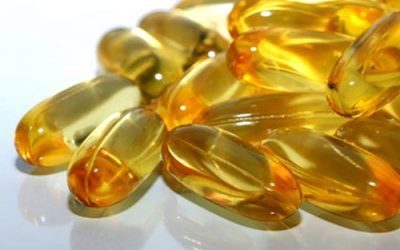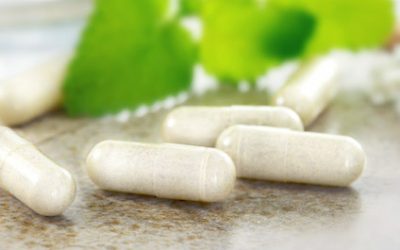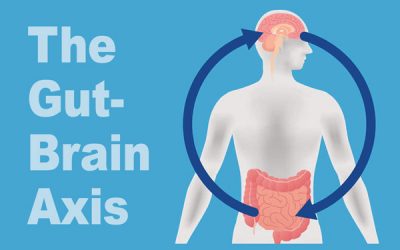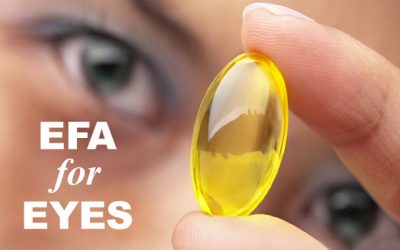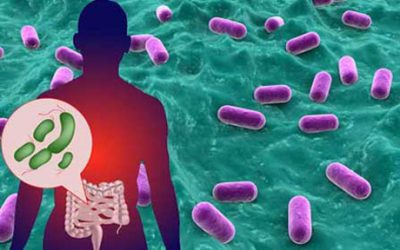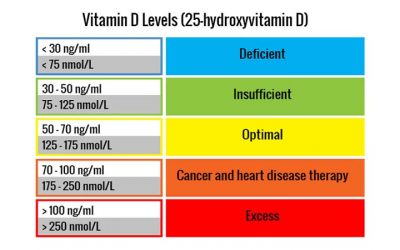Optimal Health Insider
Research broken down for ease of use
Higher DHA essential fatty acid linked to better learning for university students
If you have a student in the family who needs help concentrating, you may want to consider supplying them with a daily DHA supplement. DHA—which stands for docosahexaenoic acid—is one of the essential fatty acids that are critical for optimal health. The body cannot...
B-vitamins and Omega-3s in nuts improve sperm count, study finds
Men who ate about two ounces (60 grams) of nuts daily for 14 weeks improved their sperm count and had more viable “swimmers,” according to a new study from Spain. The research brings welcome news since other researchers have repeatedly demonstrated declines in sperm...
Timing of probiotic supplement consumption does not alter effectiveness
Nutrition experts have long debated whether it's more effective to take a probiotic supplement with food or without food. According to a new study from the University of Milan, when just considering effectiveness it doesn't matter. The study, published in the World...
Give Fat Nowhere to Hide
Unless we want to go back to the hunter-gatherer days, or even the days of the plow, reaching and maintaining a healthy weight is going to take a different approach, one backed by science and research; not by fads and opinions. Cue OHS to the sensible rescue! Eating...
Vitamin D supplements can help your irritable bowel
Low vitamin D status has already been associated with the risk of colorectal cancer and inflammatory bowel disease. So, it comes as no surprise that scientists have now demonstrated a link between low vitamin D and Irritable Bowel Syndrome (IBS) symptoms. A new study,...
Poor gut bacteria is causing your junk food cravings
If you’re trying to incorporate healthier foods into your diet but find you're still continually craving junk food, the challenge you’re facing is not really in training your brain---it's overcoming the signals emanating from your gut! More precisely, the real...
10 foods to help keep your potassium level where it should be
An essential mineral Potassium is one of the seven essential macrominerals. The human body uses potassium constantly to support key processes. According to Medical News Today, high potassium intake reduces the risk of overall mortality by 20 percent. It also decreases...
Omega-3 EFA’s lower risk of age-related macular degeneration
Carotenoids have long been the mainstay of critical supplementing for eye health—with good reason. But decades of studies are showing that omeg-3 essential fatty acids (EFA's) also play a critical role in eye health. Dr. John Paul SanGiovanni, PhD is chief of a...
Probiotics lessen effects of stress through gut-brain axis according to study
Evidence continues to mount on the importance of gut health in maintaining a healthy brain. This link has become known as the “gut-brain axis.” Now an Australian university study has demonstrated that the regular consumption of probiotics can have advantageous effects...
10 signs that you may have a potassium deficiency
Potassium deficiency is known as hypokalemia. Normal potassium levels are between 3.5 and 5.0 millimoles per litre (mmol/L). When the level dips below 3.5 it is defined as hypokalemia. Consuming some potassium on a regular basis is important because it can be lost...
Vitamin C deficiency linked to pneumonia in three separate trials
In a review published in Nutrients, Dr. Harri Hemila of the University of Helsinki reported that three different controlled trials had found that vitamin C significantly protected against pneumonia. The review, published in March 2017, asserted that vitamin C...
Majority of U.S. population is vitamin D-deficient, including the president
Earlier this year President Trump underwent a physical exam. The exam was conducted by the White House physician, Dr. Ronny Jackson. Though the doctor reported the president was overall healthy, some aspects of the report were surprising. Like the level of vitamin D...

